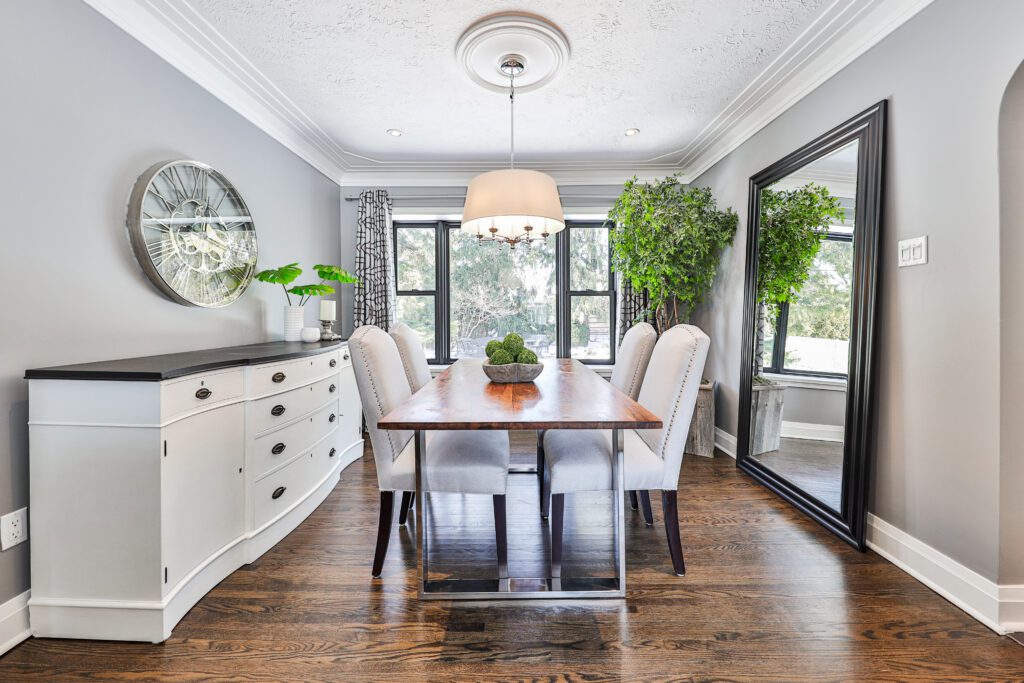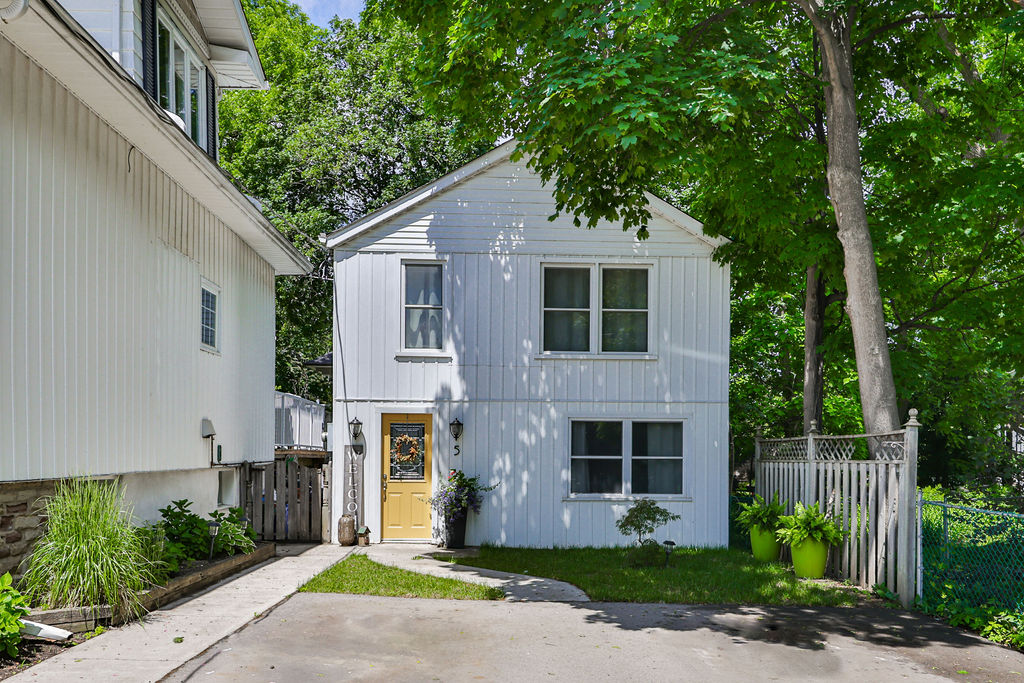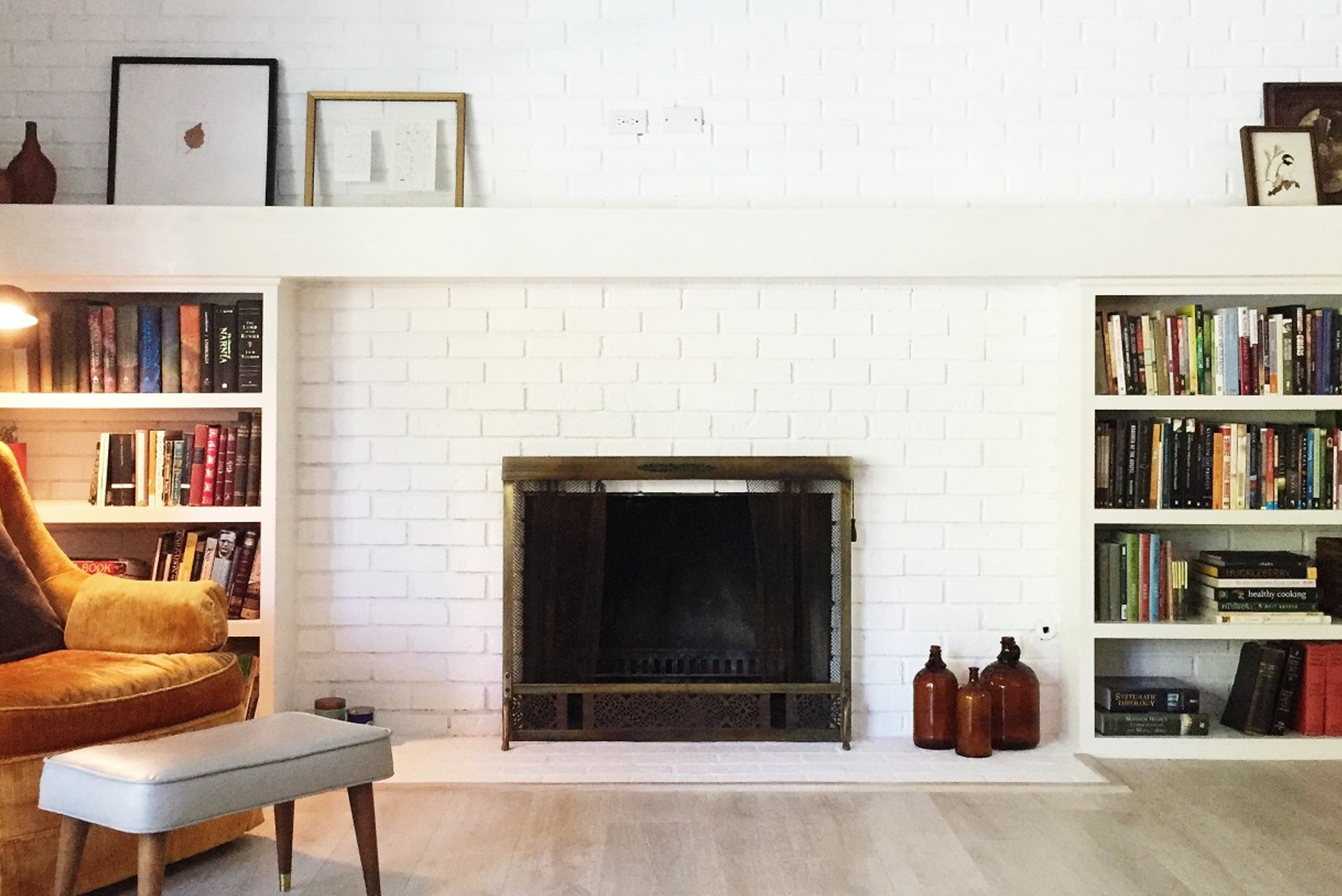The grey and lifeless winter landscape can leave your home’s curb appeal… lacking. If you’re selling your home and are hoping to channel your inner Norman Rockwell in a cozy, welcoming scene, take it from the experts: it is a lot simpler than you think! Homeowners who want to give their front yard a facelift or prepare their home to sell during the winter season should be aware that it does not require too much of an investment. From a fresh coat of paint to a modest bird feeder, it is the little things that count, and can add the most charm to your home’s exterior. We have compiled a list of tips from real estate experts on how you can enhance your curb appeal this winter.
6 Tips to Enhance Your Curb Appeal This Winter
Give Your Numbers an Update
How old are the numbers on your house? Better yet, can delivery drivers even see them as they try to drop off your pizza (or the signature brown boxes holding the evidence of your 2020 online shopping addiction)? Whatever state the numbers on your front porch may be, consider investing in some new numbers for an easy, affordable and striking outdoor refresh.
Investing in a new mailbox can also instantly upgrade your exterior aesthetic. So, scrap that rusty eyesore and trade it for a sleek, metal letter box that can usually be affixed to the wall with a couple of screws.
These simple updates can do wonders for your curb appeal during the winter months.
Apply a Fresh Coat of Paint to Your Door
Oftentimes, the best way to spruce up any part of your humble abode is with a fresh coat of paint.
Your door is usually the first thing that appeals to somebody’s eye. Many homeowners might choose to fully replace their old door with a new one that has a lovely glass insert. But if you are on a tight budget, all you need is some paint and a colour that suits your home.
As an added tip, bold primary colours can look extremely striking set upon a white winter backdrop. But take note, you may want to proactively paint before the cold winter weather hits or during a window of unseasonably warm temperatures, as most paints need at least three days of 12-degree weather to properly cure.
Install a Bird Feeder
What better way to liven up your front yard than by hanging a well-placed and colourful bird feeder to attract some feathered friends? Winter provides us with plenty of gray days, so placing a bird feeder can show some colourful signs of life like blue jays and cardinals.
Add Functional Lighting
Exterior lighting offers a myriad of benefits. The first thing homeowners will point out is the safety aspect of light installations, providing added visibility during the shorter and darker days of winter. Opt for downward soffit lighting to create a warm glow that makes your property look inviting and cozy.
Clear the Snow and Clutter
The snow certainly looks nice after a fresh snowfall, but the longer winter continues without proper up-keep, the more unkempt your home will appear. While it is perfectly alright to let the snow accumulate on your lawn, aim to shovel the front walkway and the driveway to keep paths clear and safe. Remember, if you are hosting an open house, you want your home to be accessible and safe for prospective buyers.
Plant Some Seasonal Greens
Like a colourful bird feeder, cold-weather plants can liven up your front entrance. Unsure what to plant? Here are a few recommendations from our wintery green thumbs:
- Evergreen trees and shrubs for all year long.
- Winter berries, which will attract hungry birds.
- Winter-flowering shrubs, such as jasmine and daphne.
- Early spring bulbs that will flower in late winter or early spring.
Winter Brings New Decorative Opportunities?
Many homeowners typically think about what they can do to add seasonal holiday touches to the interior of their home, but tend to neglect outdoor winter décor, which can create a bold, inviting statement to elevate your curb appeal. Whether a wreath or planter made of cold-hardy perennials, or a faux fur blanket draped over your porch-side Muskoka chair, there are so many ways to bring the beauty of the season to your home’s exterior!
Have more questions about the home-staging process, or are you ready to move forward with your sale? Contact us today!












